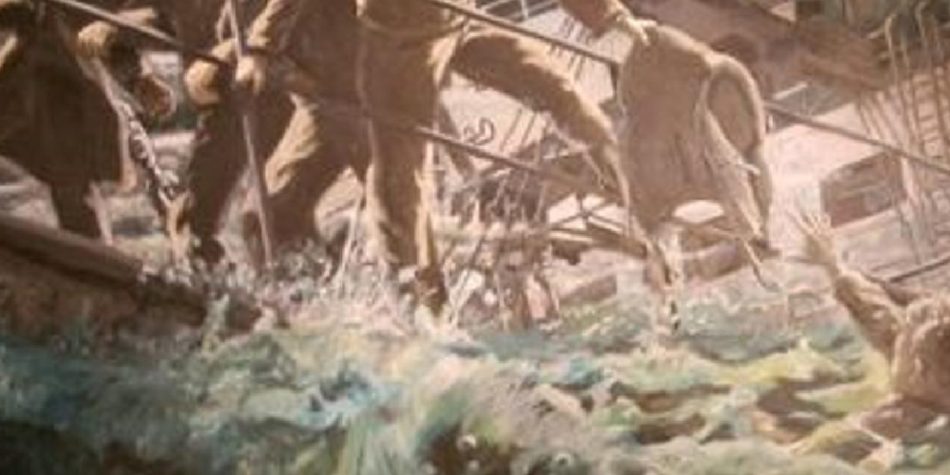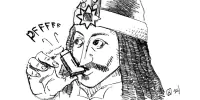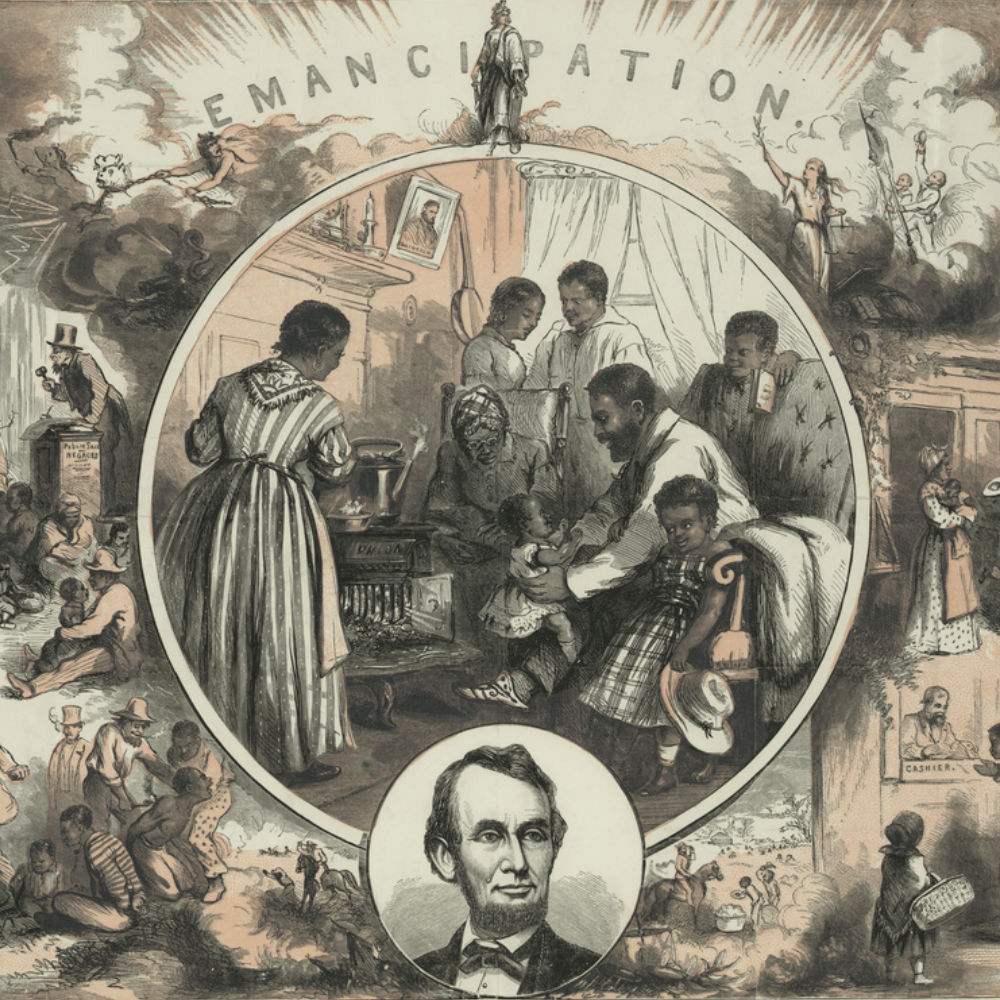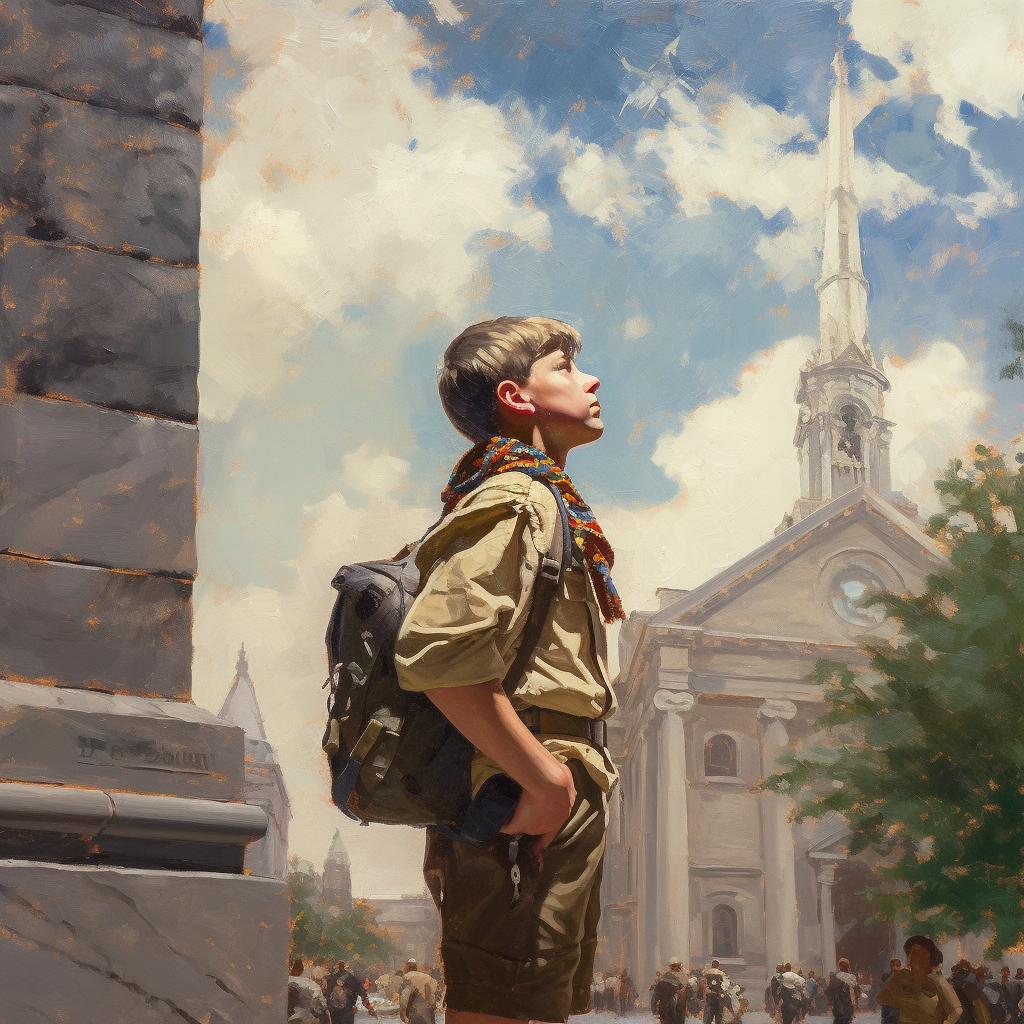In 1942, about one month after Pearl Harbor, the United States was scrambling to gather soldiers一and chaplains一to combat the Axis powers. In the meantime, Adolf Hitler delivered a rousing speech, predicting Germany’s victory over America, which he claimed was merely a melting pot, a community made up of citizens foreign to each other. In doing so, Hitler framed the Second World War as a battle between homogeneity and diversity.
We know the result of that war today, but at the time, the balance between homogeneity and diversity was much more precarious. America’s plan directly opposed Hitler’s belief that differences would destroy a people. America was gambling on diversity.
America’s plan directly opposed Hitler’s belief that differences would destroy a people. America was gambling on diversity. Steven T. Collis’s 2021 book, The Immortals, details a tragedy that still managed to support America’s stance, a tragedy that held seeds of hope in the United States’ ability to utilize differences of race and religion to overcome the forces of prejudice.
Collis follows the story of four chaplains: John Washington, a Catholic priest; George Fox, a Methodist minister; Clark Poling, a Baptist minister; and Alexander Goode, a Jewish rabbi. All four were serving aboard the Dorchester, and all four sacrificed everything to save the drowning men on the torpedoed ship. In the process, they inspired others to save many more precious lives.
The Immortals frames the spiritual journey of each man in detail, following its protagonists as they developed a deep appreciation for their religion, which in turn fostered their belief in the value of humanity and a life in service of their fellow man. Each step in the men’s spiritual journeys led them to the book’s harrowing conclusion aboard the Dorchester, where the four men came together despite their different backgrounds and illustrated the power of charity given universally, even to the seemingly foreign.
That kind of story isn’t new. But the sinking of the Dorchester was the worst convoy loss of US personnel in the war, and the story of four heroic chaplains is a touching one. Collis’s telling is also unique for its emotional and religious depth and detail, with the author contending its distinctiveness arises from its inclusion of the oft-forgotten petty officer Charles W. David Jr., who served aboard a coast guard cutter that accompanied the Dorchester. David was Black, which didn’t stop him from saving dozens of soldiers from the frigid depths of the Atlantic, but it did prevent his story from being publicly praised and recounted alongside those of Washington, Fox, Poling, and Goode. That is, until The Immortals.
David’s story still reads as separate from that of the chaplains, despite the fact that David’s sacrifice completed the chaplains’ mission of sending the Dorchester soldiers to safety. Perhaps it feels separate because, in some material details, David’s story was separate; despite all of the government’s attempts at inclusion, it fell short in underutilizing Black officers who clearly had the wherewithal to lead American troops, and David instead was assigned a minor role aboard a different ship. Even for years afterward, David’s story was excluded from the account aboard the Dorchester because of his race.
To some degree, America failed to disprove Hitler; the war was won, but Americans could not overcome their differences enough to fully utilize their diverse resources and unify a military across racial boundaries. The Immortals illustrates a heartening counterexample—reflected in a respect for human life grounded in diverse convictions, but which manifested in a common lifesaving heroism from these five men.
At the same time, the book also underscores a failure that continues to appear in American society, the constant struggle to respect differences and find positivity in diversity. Recent events make Collis’s message more poignant than ever. To these men, service and charity required an open acknowledgment of differences and a conviction in the eternal worth of each soul.
To these men, service and charity required an open acknowledgment of differences and a conviction in the eternal worth of each soul. The Immortals, with its final, deserved inclusion of David’s story, represents one small step closer to acknowledging diversity and one huge step closer to acknowledging the spark of heroism, bravery, and humanity that thrives in each soul, regardless of religion, race, or any other difference.
The Immortals is the kind of story that Hitler could never have understood, but it’s one every American must understand in order to overcome the divisions that have never disappeared since Hitler first observed them. Though the story of these five men will always be needed, its deserved immortality depends on our own recognition and honoring of what they have done.

















